Agricultural machinery automation, including automated fertilizer making machines, offers a multitude of advantages for agribusinesses. These machines enhance efficiency by streamlining the production of fertilizers, leading to a more consistent and faster output. Automation in this sector minimizes human error, which is crucial for maintaining the quality and composition of fertilizers.
The use of automated systems in fertilizer production also optimizes resource utilization. This is particularly important for the precise dosing of ingredients, reducing waste and ensuring that the final product meets the necessary specifications for effective crop nutrition. Moreover, the data collected from these automated systems can inform better decision-making, allowing for adjustments in the production process that align with environmental conditions and crop needs.
Safety is another significant benefit of utilizing automated fertilizer making machines. These systems reduce the need for direct human handling of potentially hazardous materials, thereby decreasing the risk of accidents and exposure to harmful substances. Additionally, the precision that comes with automation ensures that the application of fertilizers is accurate, promoting better crop health and yield without unnecessary or excessive use of inputs.
In summary, the integration of automation in fertilizer making machines provides enhanced safety, improved precision, and greater efficiency. These benefits collectively lead to increased productivity and profitability for agribusinesses, positioning them to meet the demands of a growing global population while adhering to sustainable farming practices.




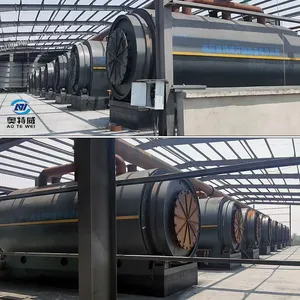

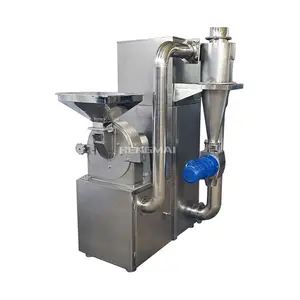

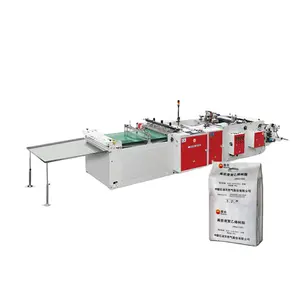
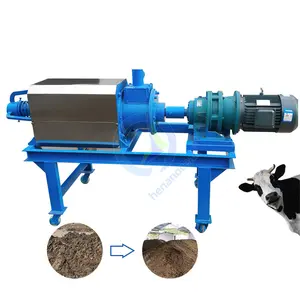






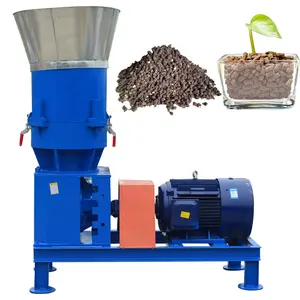


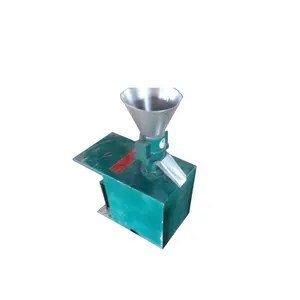
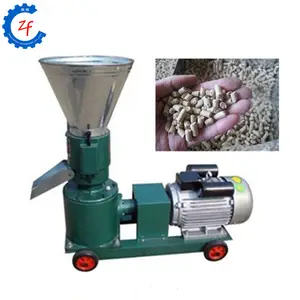



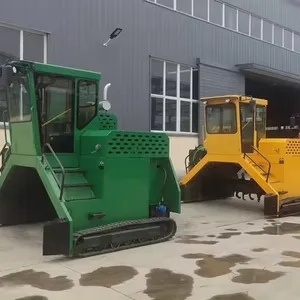





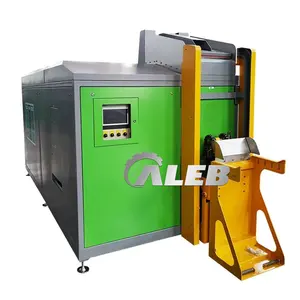



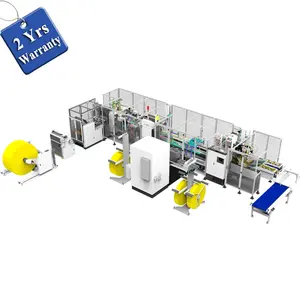
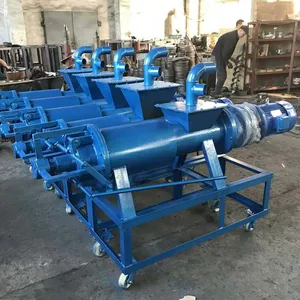
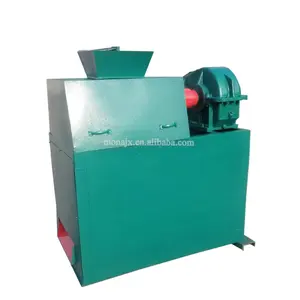






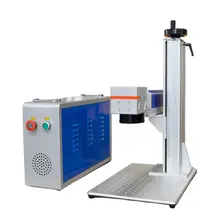
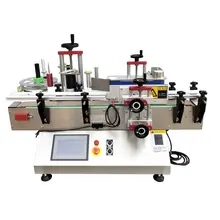

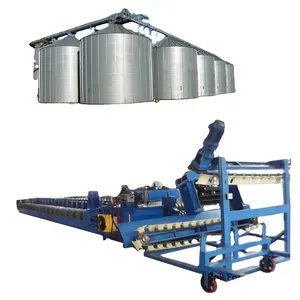

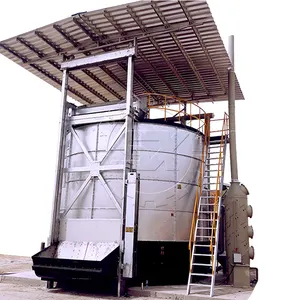

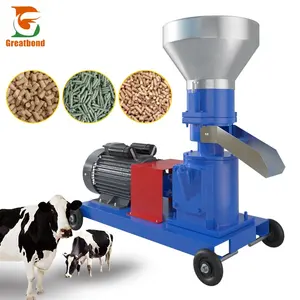
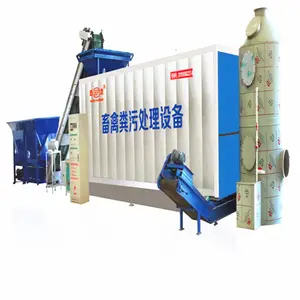

















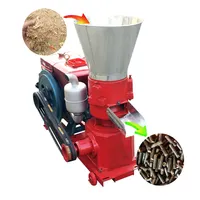









 浙公网安备 33010002000092号
浙公网安备 33010002000092号 浙B2-20120091-4
浙B2-20120091-4